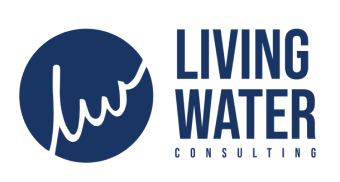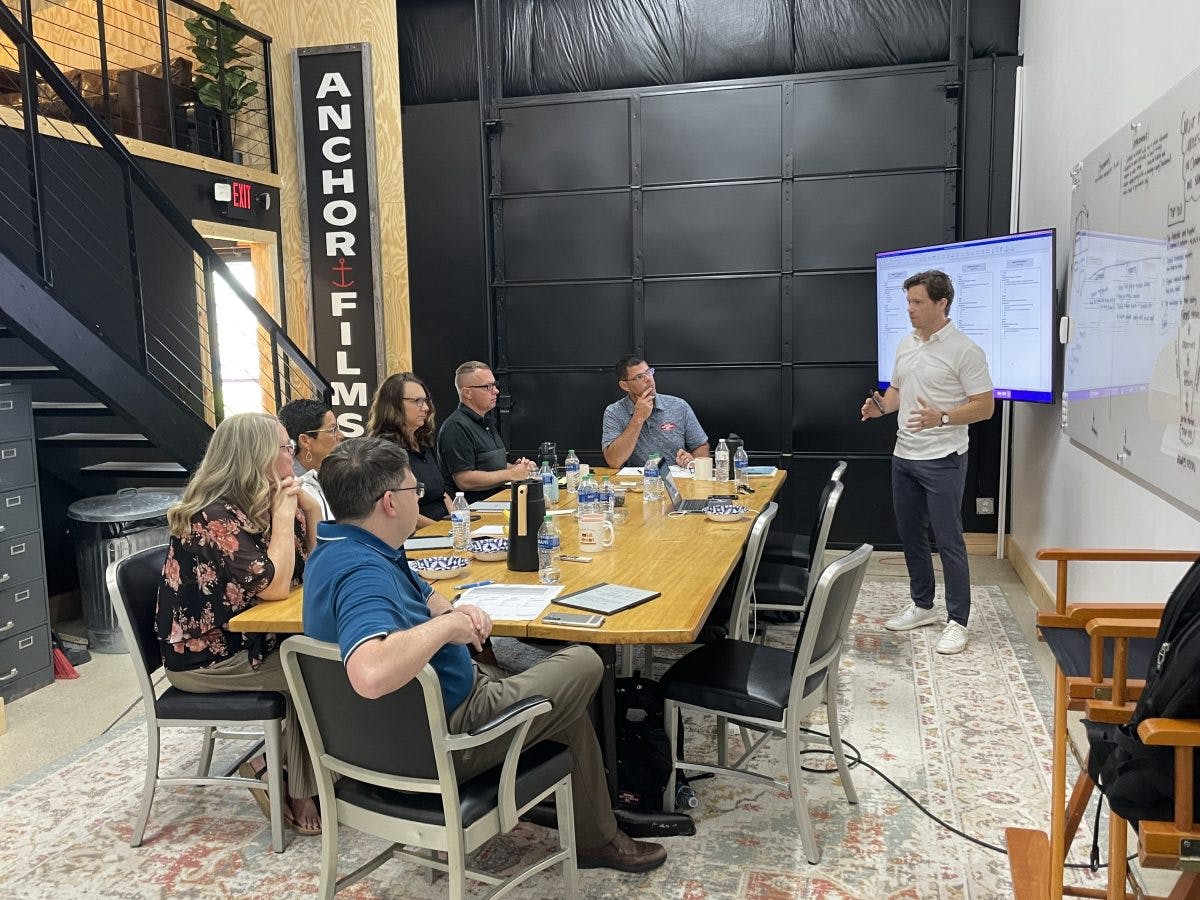1:1 Effective Meeting Template
Explore effective strategies for developing your employees one at a time

WHAT IS THE PURPOSE OF A 1:1?
Think of it like a coffee break. A moment to pause in the chaos of the working week and check in on your employees progress, go through their workload, chat about challenges, celebrate wins and offer constructive feedback.
In this private, one-on-one setting, you’ll be able to cultivate a more personal working relationship and get to know your employee on a deeper level, beyond work. You can use this time to make them feel valued, give them the space to outline any worries or concerns, or unpack any career goals that they would like to work towards.

IMPORTANT 1:1 TOPICS
There’s no real right or wrong here; the topics you choose to cover are dependent on the industry you’re in, your management/leadership style and the employee that you’re meeting with.
In some 1:1s you might have lots of time, and in others you might need to rush off after 20 minutes, so you’ll need to adapt the 1:1 structure accordingly.
1:1’s offer the opportunity to:
- Discuss Top priorities
- Collaborate
- Share Feedback
- Reflect on how things are going
- Review employee’s current state as well as salary, promotions, and goals
You don’t have to cover all of them in every meeting, but using a guide will help you to have meaningful, constructive conversations.
Remember, a 1:1 isn’t about the manager/leader, it’s about the employee. You should come prepared with topics and feedback, you should also give the employee space to talk, sit back, listen and coach. Your job as a manager/leader isn’t to give advice or ‘save the day’ — it’s to empower your team member to find the answer.
| it’s good to touch on day-to-day workload or any live projects, make sure that you also look at the bigger picture, long-term goals, solutions and development.

TOOLS AND TEMPLATES FOR YOUR 1:1’S
You could consider setting up a Google doc to track your 1:1s
- The date and time of the meeting
- Agenda items
- Talking points
- Notes from the meeting
- Action items
HANDY 1:1 QUESTIONS
You don’t want your 1:1s to feel forced; it’s a good idea to let the conversation flow naturally. Still, it can be good to be prepared!
Here are some questions that might spark useful, productive conversations:
- What has been energizing you lately (personal or work related)?
- What are your priorities this week?
- Do you need any support from me?
- What has challenged you since we last spoke?
- What has gone well since we last spoke?
- Is there anything you’d like to be working on?
- Can I provide any support between now and the next time we meet?
IDENTIFY
- What’s top of mind for you right now?
- What priorities are you thinking about this week
- How would you like to use our time today?
UNDERSTAND
- What does the ideal outcome look like? (related to projects, teams, customers, etc.)
- What are the challenges/constraints in getting to that outcome?
- What do you think is the best course of action?
SUPPORT
- How can I help?
- What do you need that you believe I help with?
- What was the most useful part of our conversation today?
QUESTION BANK FOR BETTER 1:1’S
SELF-REFLECTION Block off time before your 1:1 to work through questions like these on your own.
- What did my report do well this past week? What do they need to work on? (Keep a running list that will come in handy during performance review season).
- Do my reports regularly bring their biggest challenges to my attention?
- Am I giving feedback often enough?
- Does the person I'm managing feel invested in? Have I clearly explained the vision or goals, and his/her part in achieving them?
- Do I know what motivates them? Use personality assessments to aid in this.
- What am I offering vs. what am I expecting? Is what I'm offering good enough, or can my employee do better elsewhere?
- Does my direct report understand what he/she is supposed to do? How to do it?
- Does he/she have the right training, right scope, right authority, right resources and enough time to do as you need?
- Is he/she encountering bottlenecks? Are those localized or systemic? If they’re systemic, do I need to address this bigger picture?
IDENTIFY SOME TOPICS
- What’s top of mind for you right now?
- What priorities are you thinking about this week?
- What’s the best use of our time today?
- Last time we spoke you said X was challenging for you, how’s that going?
UNDERSTAND THE ISSUES
- What does your ideal outcome look like?
- What’s hard for you in getting to that outcome?
- What do you think is the best course of action?
- What’s the worst-case scenario you’re worried about?
- What has energized/challenged you in your role/project?
- Which part of your work is most fun? Least fun?
- What area are you most satisfied with? Least satisfied with?
- What’s the split of your time today between X/Y/Z? What would you like to spend more/less time on?
- What are the biggest time wasters/savers?
- What’s harder than it should be?
DEVELOP LONG TERM GOALS
- What are your long term goals?
- What skills do you want to improve?
- What is the area that, if you made an improvement, would give you the greatest return?
- What parts of the business would like to be more involved in or learn about?
- What are your top 3 priorities this quarter/sprint? The team’s? The org’s?
DELIVER BETTER SUPPORT
- Is there anything you'd like to ask or highlight?
- What can I help with between now and the next time we meet?
- What can I do to make you more successful?
- What was the most useful part of our conversation today?
- What feedback do you have for me?
- If you were me, what would you do differently?
- What’s the next step? How should we track or capture this?
- What are 2 things that I can do differently or improve? What could I start or stop doing?
- What questions do you wish I would ask?
Managers can develop a better understanding of employee talent by asking individuals the following questions and spending time exploring the answers during meaningful conversations.
- What do you know you can do well but haven't done yet?
- What sorts of activities do you finish and think, "I can't wait to do that again"? Or what are you doing -- inside or outside work -- when you're truly enjoying yourself?
- What have you done well that you didn't need someone to explain how to do?
- What have other people told you you're great at doing?
- What activities are you doing when you are unaware of time passing?
Employees' answers to these questions and the resulting conversations should be the foundation of any exceptional manager's efforts to energize and empower people to perform better by doing what they naturally do best every day.
EXAMPLE
Employee’s Name and Manager’s Name
1:1 Connection
Date and Time
Agenda:
- Personal time of connection
- (Spend 5-7 minutes asking how they are, their family, any plans made that you are looking forward to, etc.) Be prepared to share something yourself
- Discuss Top Priorities
- Share feedback on spikes, dips, trends, recurring constraints
- Collaborate on potential opportunities
- Share feedback
Talking Points:
Pick or adapt from list above to help get the conversation going. Have the agenda and be specific in it where you can, send ahead of time for manager to come prepared with talking points.
Notes from today’s 1:1:
Action Items/Decisions made and who is the “Owner”
Shared locations where these notes will be?


